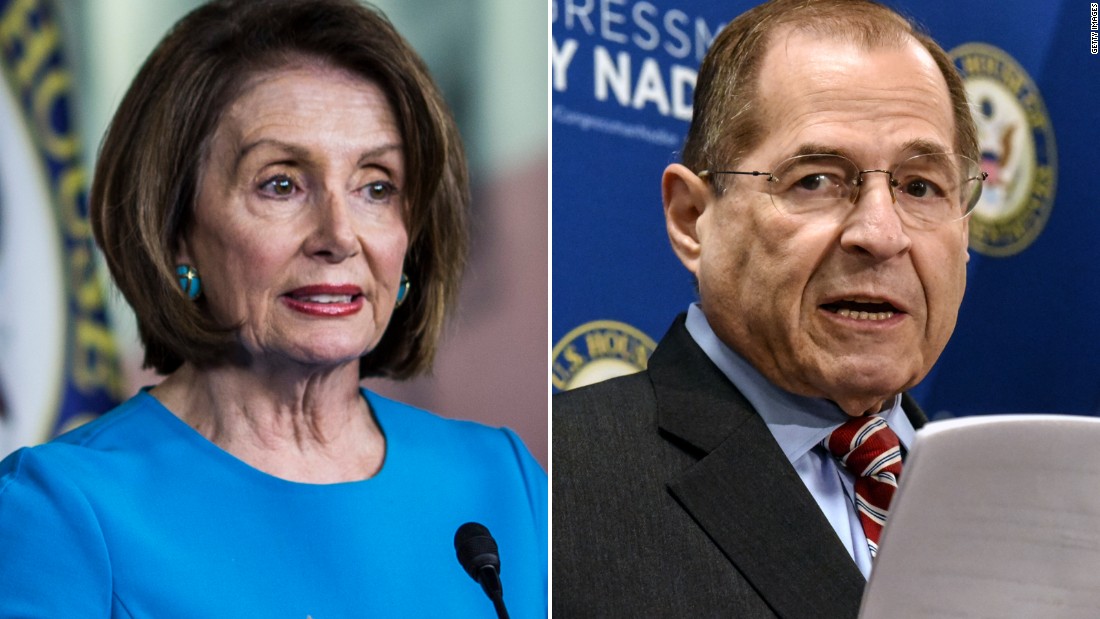[ad_1]
The precise language of the resolution is still being debated. The purpose of taking this step would be to officially grant the Judiciary Committee the authority that it needs to conduct a full investigation and determine whether to vote on articles of impeachment. The language, for example, could allow committee staff counsels to question witnesses, which is not typically done in congressional hearings, and spell out how committee members can review classified grand jury material in closed-door sessions.
If House Democrats are going to undertake the impeachment process, they must do so with full resolve. To go about it the same way the special counsel’s office quietly conducted most of its work behind the scenes would be a huge mistake.
The entire point of an impeachment inquiry is for the House to investigate what the President has or has not done with his power. Even if the Senate does not vote to impeach Trump, the House could lay out a case, so voters have a clearer sense of the choices before them in 2020. A vote on articles of impeachment would force House and Senate Republicans to go on the record and show whether they are willing to tolerate the President’s behavior.
The most effective impeachment process in American history took place with the Senate Watergate Committee in 1973 and the House Judiciary Committee in 1974. Those investigations into President Richard Nixon worked well because Democratic leaders went all in and worked hard to educate the public about how the president had abused his power.
The investigations, which were centralized within single committees and televised, were the top priority for Democrats. Legislators didn’t wait to act until they had a “smoking gun” in hand. They used the process to find out what those smoking guns were. The famous White House recordings were discovered during the 1973 televised hearings, and transcripts later revealed President Nixon’s instructions to stop the investigation.
By the time the House Judiciary Committee voted on articles of impeachment in July 1974, the public had learned a great deal about what the Nixon administration had done wrong. Instead of allowing the President to use his bully pulpit to drive the narrative, Congress played an active role in uncovering key information and shaping public opinion.
The worst-case scenario in 2019 would be for House Democrats to complete their investigations outside the public eye and continue waffling about what they are doing. This approach would prevent them from driving a public conversation about the President’s misuse of power. That public opinion is what will ultimately force both parties to go on the record with where they stand.
The middle way on impeachment would give Republicans the fodder they need to argue that their opponents are politically motivated. The investigation process as it is will only continue to sow confusion, rather than turn the public’s attention to the actual substance of any potential wrongdoing.
If House Democrats are not prepared to launch a full-throated impeachment process and commit to devoting a substantial amount of their energy to determine whether the President should be impeached, then they should simply move on and focus on their issue agenda instead.
The middle ground doesn’t help the public and it certainly doesn’t help the party. It simply allows a frustrating period in US history to drag on without any meaningful action and enables the President to continue swinging for the fences without congressional restraint.
[ad_2]
Source link


